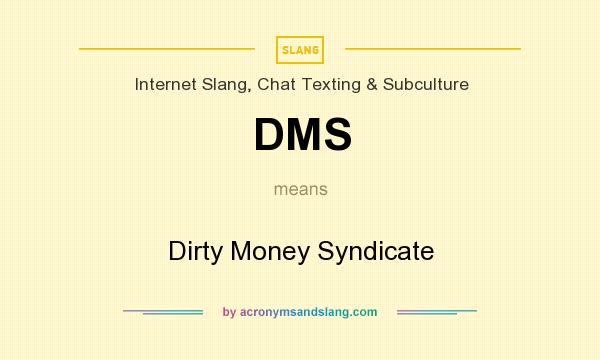

This sort of activity has decreased over the years as public scrutiny of political activity has increased. In the first half of the twentieth century, some organized crime groups blackmailed or paid money to politicians in return for favorable legislation and favorable treatment from city hall. Political corruption has diminished as a focus of organized crime. Loan-sharking provides organized criminal enterprises with money and helps enlarge the enterprise by bringing into the fold persons who owe a debt to the enterprise. In organized crime circles, such loans usually are made to persons who cannot obtain credit at legitimate financial institutions and who can serve the criminal enterprise in some way in the event they are unable to repay the loan. Loan-sharking is the provision of loans at illegally high interest rates accompanied by the illegal use of force to collect on past due payments. In states where some gambling is legal and some gambling is illegal, organized crime groups offer illegal Gaming. Where gambling is illegal, some organized crime groups act as the locus for gambling activity. Gambling and loan-sharking are other traditional activities of organized criminal enterprises. It is committed when a person obtains money or value by accusing the victim of a crime, threatening the victim with harm or destruction of the victim's property, or threatening to reveal disgraceful facts about the victim.

If a shopkeeper does not pay the money, the criminal organization may strike at him, his property, or his family.īlackmail is similar to extortion. For instance, a criminal enterprise located in a certain neighborhood of a city may visit shopkeepers and demand a specific amount of so-called protection money. Extortion, a time-tested endeavor of organized crime, is the acquisition of property through the use of threats or force. Modern organized criminal enterprises make money by specializing in a variety of crimes, including extortion, blackmail, gambling, loan-sharking, political corruption, and the manufacture and sale of illicit narcotics. RICO also includes forfeiture provisions that allow the government to take the property of parties found guilty of violations of the act. It includes Extortion, Fraud, Money Laundering, federal drug offenses, murder, Kidnapping, gambling, Arson, Robbery, Bribery, dealing in obscene matter, counterfeiting, Embezzlement, Obstruction of Justice, obstruction of law enforcement, tampering with witnesses, filing of a false statement to obtain a passport, passport forgery and false use or misuse of a passport, peonage, Slavery, unlawful receipt of Welfare funds, interstate transport of stolen property, sexual exploitation of children, trafficking in counterfeit labels for audio and visual works, criminal infringement of copyrights, trafficking in contraband cigarettes, white slavery, violation of payment and loan restrictions to labor unions, and harboring, aiding, assisting, or transporting illegal Aliens. The list of offenses that constitute racketeering when committed more than once by an enterprise is lengthy. Racketeering is the act of engaging in a pattern of criminal offenses. The act's provisions apply to any enterprise that engages in Racketeering activity.


RICO is a group of statutes that define and set punishments for organized crime. § 1961 et seq.) is the centerpiece of the Organized Crime Control Act. The Racketeer Influenced and Corrupt Organizations Act (RICO) (18 U.S.C.A. The declared purpose of the act is to eradicate organized crime by expanding evidence-gathering techniques for law enforcement, specifying more acts as being crimes, authorizing enhanced penalties, and providing for the Forfeiture of property owned by criminal enterprises. On the federal level, Congress passed the Organized Crime Control Act in 1970. Since the 1920s organized crime has crossed ethnic lines and is associated with no particular ethnic group.Ĭongress and many states maintain laws that severely punish crime committed by criminal enterprises. Many came to the United States, where they flourished in the art of bootlegging and other criminal activity. Those mafiosi who were not jailed or killed were forced to flee the country. In 1924 Benito Mussolini's fascist government rose to power, and Mussolini orchestrated a crackdown on the Italian mafia. The secretive Sicilian group La Cosa Nostra, along with other Sicilian mafia, were more powerful than the Italian government in the early twentieth century. Modern organized crime is generally understood to have begun in Italy in the late nineteenth century. Criminal activity carried out by an organized enterprise.


 0 kommentar(er)
0 kommentar(er)
